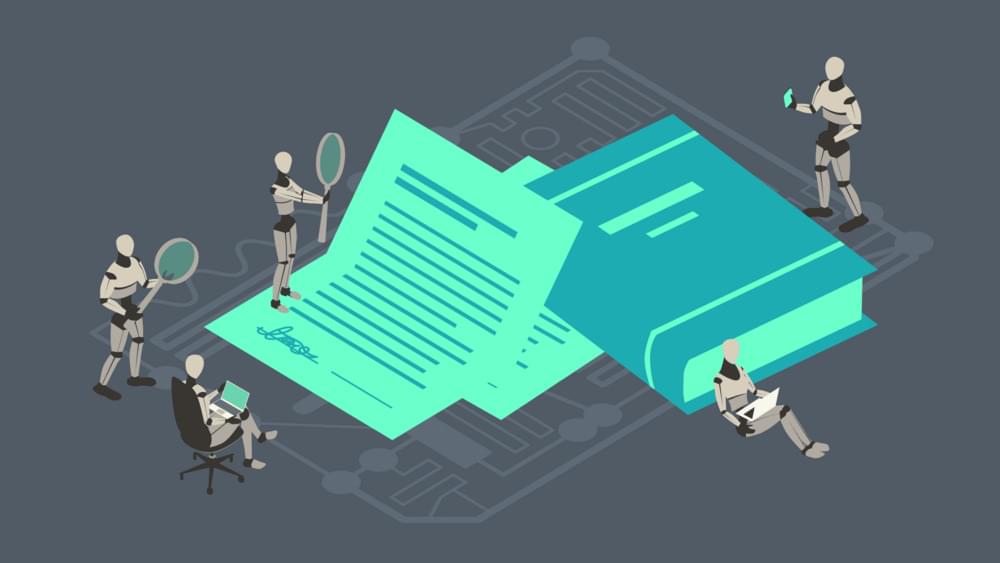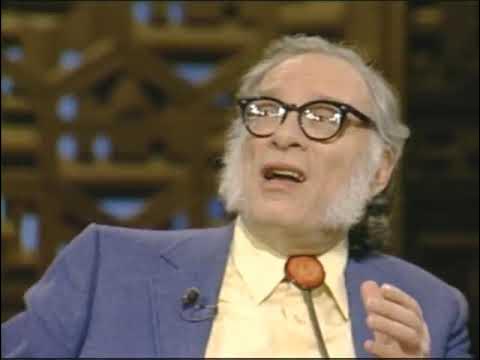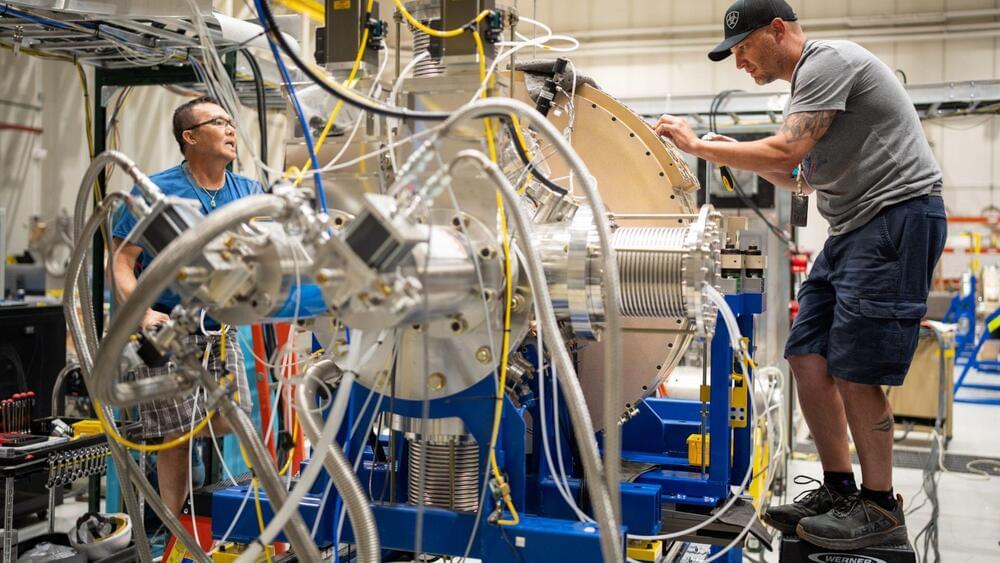Nov 19, 2023
Re-Thinking The ‘When’ And ‘How’ Of Brain Death
Posted by Gemechu Taye in categories: biotech/medical, law, neuroscience, policy
In an article published yesterday in MIT Technology Review, Rachel Nuwer wrote a thought provoking piece exploring the boundaries between life and death.
Beyond the brain and brain death itself, related efforts are studying and attempting to develop techniques for restoring metabolic function in a number of organs other than the brain after death, including the heart and kidneys, which could greatly enhance organ donation capabilities.
While these developments are promising, researchers caution against overpromising. The path to these medical advancements is paved with years of research and ethical considerations. The exploration into the dying process will surely challenge not only scientific and medical fields but also societal, theological, and legal considerations, as it reshapes our understanding of one of life’s most profound phenomena. At some point, policy and regulations will need to follow—further adding to the complexity of the topic.
Continue reading “Re-Thinking The ‘When’ And ‘How’ Of Brain Death” »


















